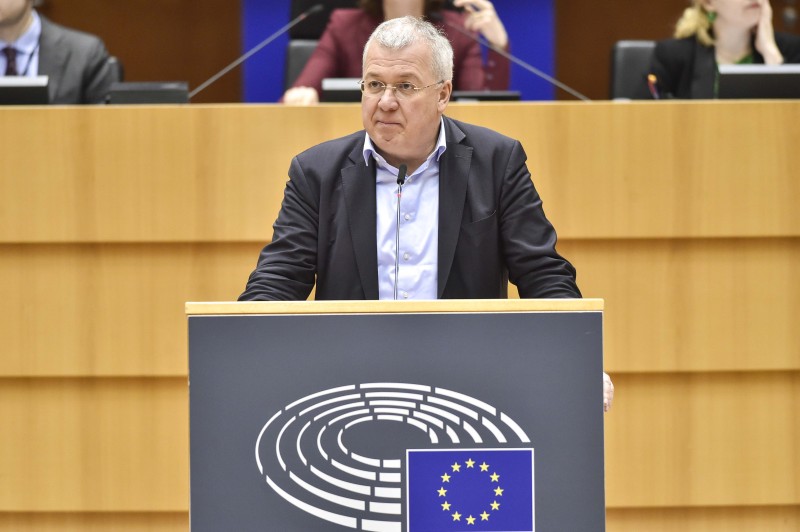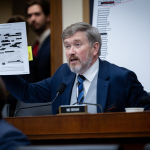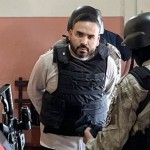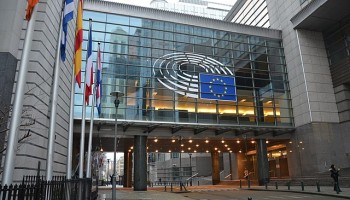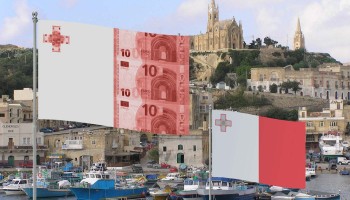Reported by
Transparency International has criticized the European Parliament’s decision to approve the removal of the United Arab Emirates from the EU’s high-risk list for money laundering and terrorist financing, warning that the move undermines efforts to protect the bloc’s financial system.
“While the UAE has introduced a series of welcome reforms, it’s still too soon to judge whether these have significantly strengthened the country’s defences against dirty money,” Eka Rostomashvili, campaigner at Transparency International, told OCCRP.
She pointed to persistent gaps in enforcement, especially in the real estate sector, where suspicious transactions exposed by journalists remain uninvestigated.
An investigation Dubai Unlocked, published in May 2024 by OCCRP and its partners, found over 1,000 Dubai properties owned by more than 200 individuals, including alleged criminals, fugitives, political figures, and sanctioned persons. The report highlighted how legal loopholes in the UAE continue to make the country a magnet for illicit financial flows.
Rostomashvili added that the UAE still hasn’t demonstrated a serious commitment to tackling illicit finance, and Transparency International ranks the country near the bottom in its Opacity in Real Estate Ownership index.
She also criticized the EU’s listing procedure, saying it prevents proper scrutiny.
“A more effective approach would allow Parliament to engage with the European Commission on a country-by-country basis, rather than being forced to vote on the entire list as a package,” she said.
The European Parliament last week declined to block the Commission’s proposed update to the high-risk third-country list, allowing it to take effect. The updated list removes the UAE along with Barbados, Gibraltar, Jamaica, Panama, the Philippines, Senegal, Uganda, and Venezuela. It adds Algeria, Angola, Côte d’Ivoire, Kenya, Laos, Lebanon, Monaco, Namibia, Nepal, and Venezuela.
Being listed triggers stricter due diligence for EU-based financial institutions dealing with those jurisdictions.
The decision sparked backlash from lawmakers and civil society groups who say the delisting was premature and politically motivated. Greens' MEP Rasmus Andresen said the move sends the wrong message.
“It is a fatal signal that after the Commission, Parliament now also yields to geopolitical pressure and removes countries that continue to pose a money laundering risk to the EU,” Andresen told OCCRP.
“The UAE serves as a financial hub for criminals from the EU, continues to facilitate gold smuggling from conflict zones such as Sudan, and forms the basis of a crypto-to-cash network used by Russian oligarchs.”
He added that the Commission was unable to explain what specific reforms the UAE had committed to before the vote and criticized the continued absence of Russia from the list.
“Three years after the start of Russia’s war of aggression against Ukraine, it is hardly understandable that Russia is still not on the list,” Andresen said.
The Commission responded to those concerns with a pledge, issued on July 8, to review countries suspended from the Financial Action Task Force (FATF)—including Russia—even if they are not officially labeled as high-risk. The commitment is widely seen as a key factor in swaying undecided lawmakers.
“Many Members were concerned that a country such as Russia was not originally placed on the list,” said German MEP Markus Ferber. “The last-minute pledge by the Commission to reconsider listing Russia by the end of this year did certainly help convince some colleagues.”
Christian Democrat MEP Luděk Niedermayer offered a more supportive view, saying the UAE had made “significant progress in both legislation and institutional frameworks” and shown a “clear commitment to continued improvement.” He agreed that the Commission’s pledge to reconsider Russia’s status was “essential for securing support” and welcomed plans to strengthen the process through the EU’s new anti-money laundering authority.
Despite objections from the Greens, the Left group, and other MEPs, a total of 369 lawmakers voted to approve the revised list, with 264 voting against and 55 abstaining. The objection fell short of the absolute majority needed to block the Commission’s delegated act.
Civil society groups, including Transparency International, maintain that international pressure helped trigger reforms in the UAE, but say those changes remain superficial—especially given the lack of accountability for illicit flows into Dubai and limited law enforcement cooperation.
